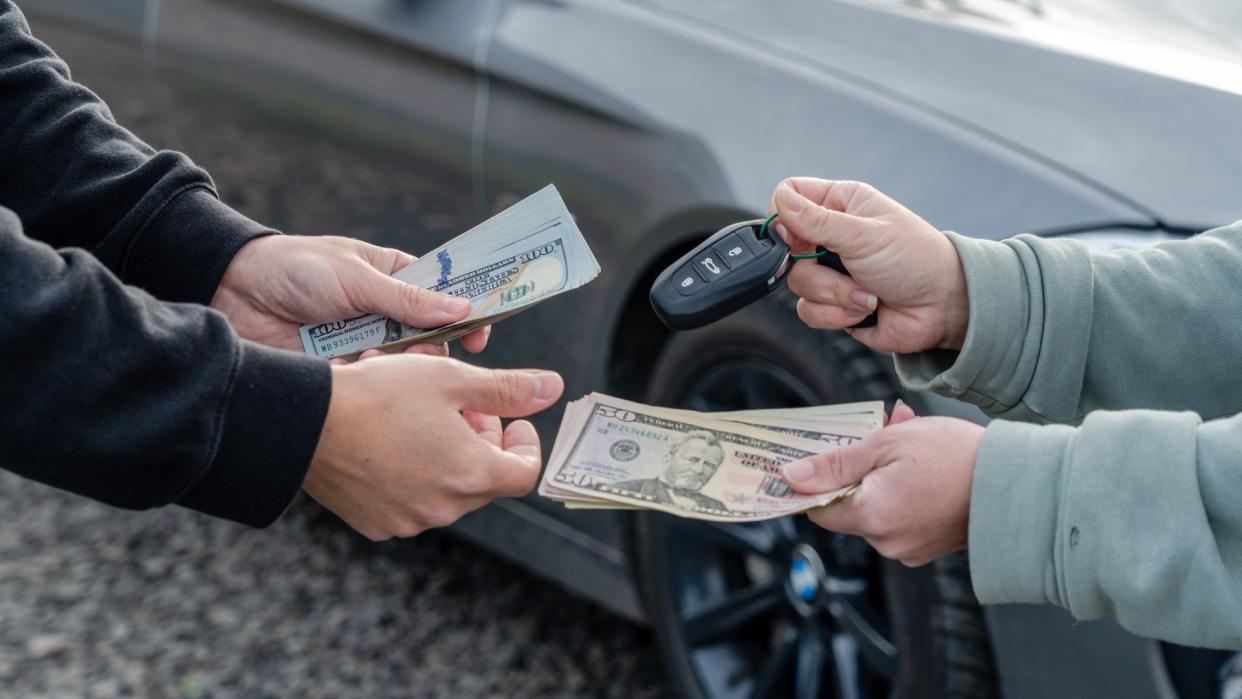10 Ways You’re Spending Too Much Money on Your Car Without Realizing It

Owning a car can be a significant expense, but many people end up spending more than they need to without realizing it. A 2024 Cars.com survey found that nearly half of all car shoppers plan to spend less than $30,000 on their next car.
Check Out: 5 Used Cars You Shouldn’t Buy
Read More: 6 Unusual Ways To Make Extra Money (That Actually Work)
Whether you’re looking to lower your costs when buying your next car or reduce spending on existing vehicle expenses, here are 10 mistakes which could be costing you money.
1. Not Reviewing the Total Cost of Owning a Car
It’s easy to focus solely on the monthly payment when purchasing a vehicle, but this can be misleading. Be sure to consider other costs like insurance, fuel, maintenance and depreciation to get a true picture of the total expense.
2. Buying the Wrong Car For Your Needs
It’s important not to look at the car that is trending or the one that everyone is talking about buying before considering your needs, budget and lifestyle. Before making a purchase, assess your lifestyle and driving habits. Buying a larger or more powerful car than you really need can lead to higher costs in fuel, maintenance and insurance.
3. Buying Expensive Dealer Add-ons
Dealerships often push extras like extended warranties, paint protection, or rust proofing. These are usually overpriced and not necessary. Do your research before agreeing to any add-ons.
4. Not Considering Used Options
New cars can be appealing, but they depreciate quickly. A well-maintained used car can save you a lot of money upfront and over time. Plus, many used cars come with warranties and can even be certified pre-owned.
5. Not Negotiating
Many people feel uncomfortable negotiating, but it can save you money on the overall cost of your car. Research prices beforehand and don’t be afraid to walk away if you’re not getting a good deal.
6. Failing to Obtain a Vehicle History Report
When buying a used car, always get a vehicle history report. This can reveal hidden issues that could lead to costly repairs down the line.
7. Not Getting a Pre-Owned Vehicle Inspection
Even if a used car looks fine, it’s wise to have a trusted mechanic inspect it before buying. This can uncover potential problems and give you negotiating power.
8. Not Getting Pre-Approved Outside of the Dealership
Dealership financing isn’t always the best deal. Shop around with banks and credit unions to get pre-approved for a loan before visiting the dealership. Banks may be able to offer better terms and a lower interest rate.
9. Not Taking Advantage of Insurance Discounts
Many insurers offer discounts for things like safe driving, bundling policies, or having certain safety features on your car. Ask your insurer about available discounts.
10. Not Considering Refinancing When It Makes Sense
Learn More: 6 Best Used Cars for the Upper Middle Class
If interest rates have dropped or your credit has improved, refinancing your car loan could lower your monthly payments and save you money over the life of the loan.
More From GOBankingRates
This article originally appeared on GOBankingRates.com: 10 Ways You’re Spending Too Much Money on Your Car Without Realizing It
